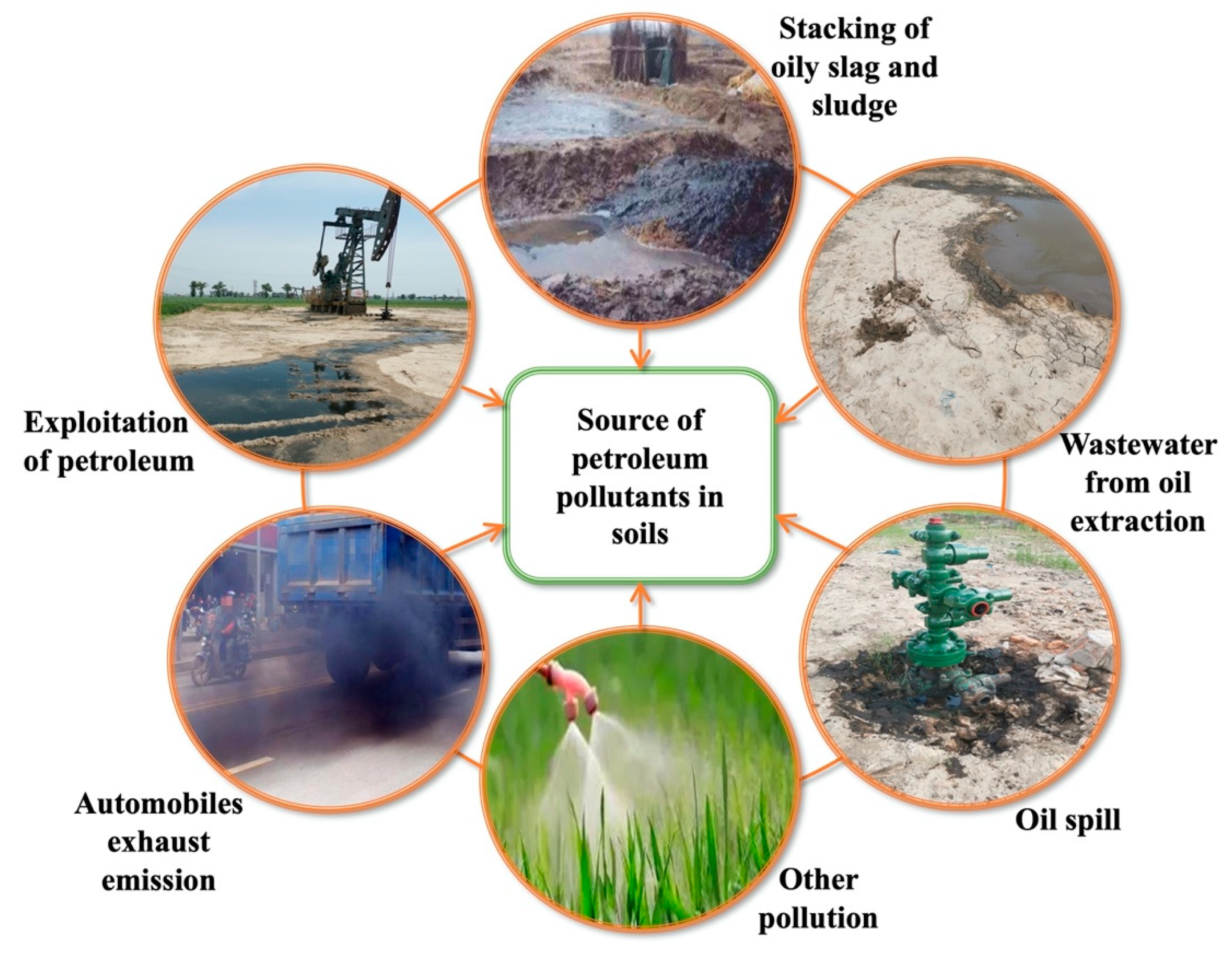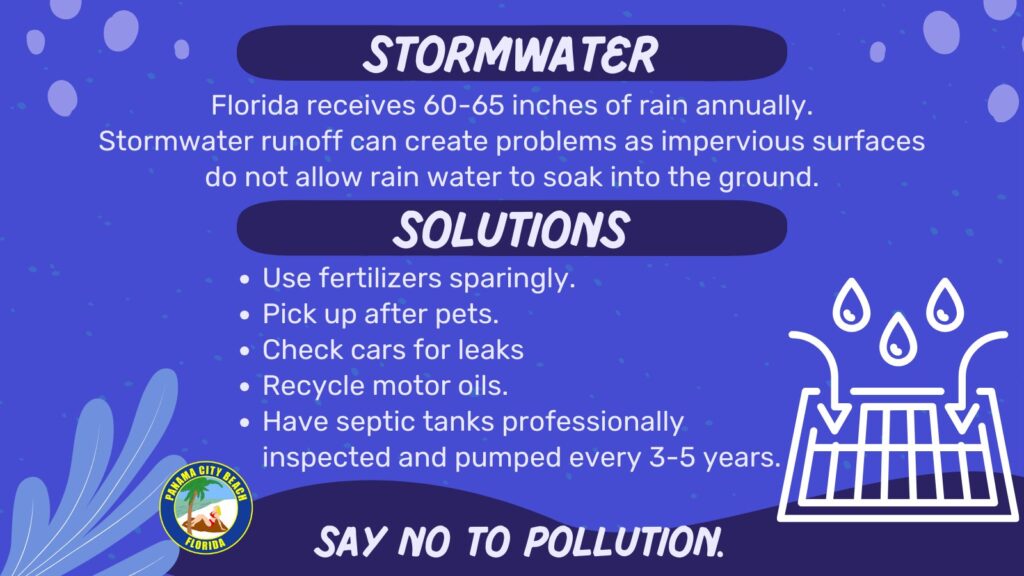Oil contamination in soil can have a detrimental effect on plant growth and development. It directly impacts the availability of water and nutrients, as well as soil compaction, which are crucial factors for plants to thrive.
When soil becomes contaminated with oil, it increases the water and nutrient availability, creating an imbalance that directly affects plant growth. Additionally, the compaction caused by oil contamination restricts root growth and limits the plants’ access to essential resources.
The effects of oil contamination on plants can vary depending on the characteristics of the soil and the specific plant species. Some common observations of phytotoxicity include stunted growth, reduced chlorophyll production, altered metabolism, and decreased ability to absorb nutrients.
Oil pollution interferes with the growth of plants by altering their ability to perform photosynthesis and absorb nutrients. The pollution can also disrupt the soil structure and diminish fertility, further inhibiting plant growth. This can lead to a decrease in the growth rate of plants, and in severe cases, the complete inability to germinate or sustain mature plants.
High levels of oil contamination can clog the soil, making it difficult for water and air to reach plant roots. This results in drought-like symptoms and can lead to the death of plants. Additionally, the physical and chemical properties of the soil are negatively affected, further hampering plant growth.
Studies have shown that contaminated soil affects the survival rates and growth of plants. The presence of contaminants, such as creosote, significantly decreases plant survival rates and hinders overall growth. This highlights the long-lasting impact of oil contamination on plant health.
The depression in growth caused by oil contamination is primarily due to its effects on the physical and chemical properties of the soil. It disrupts the soil’s ability to support plant growth, resulting in reduced plant yield and overall productivity.
In terms of the physiological effects on plants, oils can reduce transpiration rates by blocking stomata and intercellular spaces. This hampers the plant’s ability to regulate water loss, leading to various physiological imbalances that negatively impact photosynthesis.

Credit: www.mdpi.com

Credit: www.sciencedirect.com
Conclusion
Oil contaminated soil has a significant impact on plant growth and development. It alters the availability of water and nutrients, restricts root growth, disrupts the soil structure, and hampers the plants’ ability to perform essential physiological processes. Ultimately, oil contamination leads to stunted growth, reduced chlorophyll production, and decreased plant productivity. To mitigate the adverse effects of oil contamination, proper soil remediation measures and preventative actions should be implemented.
Read More:


